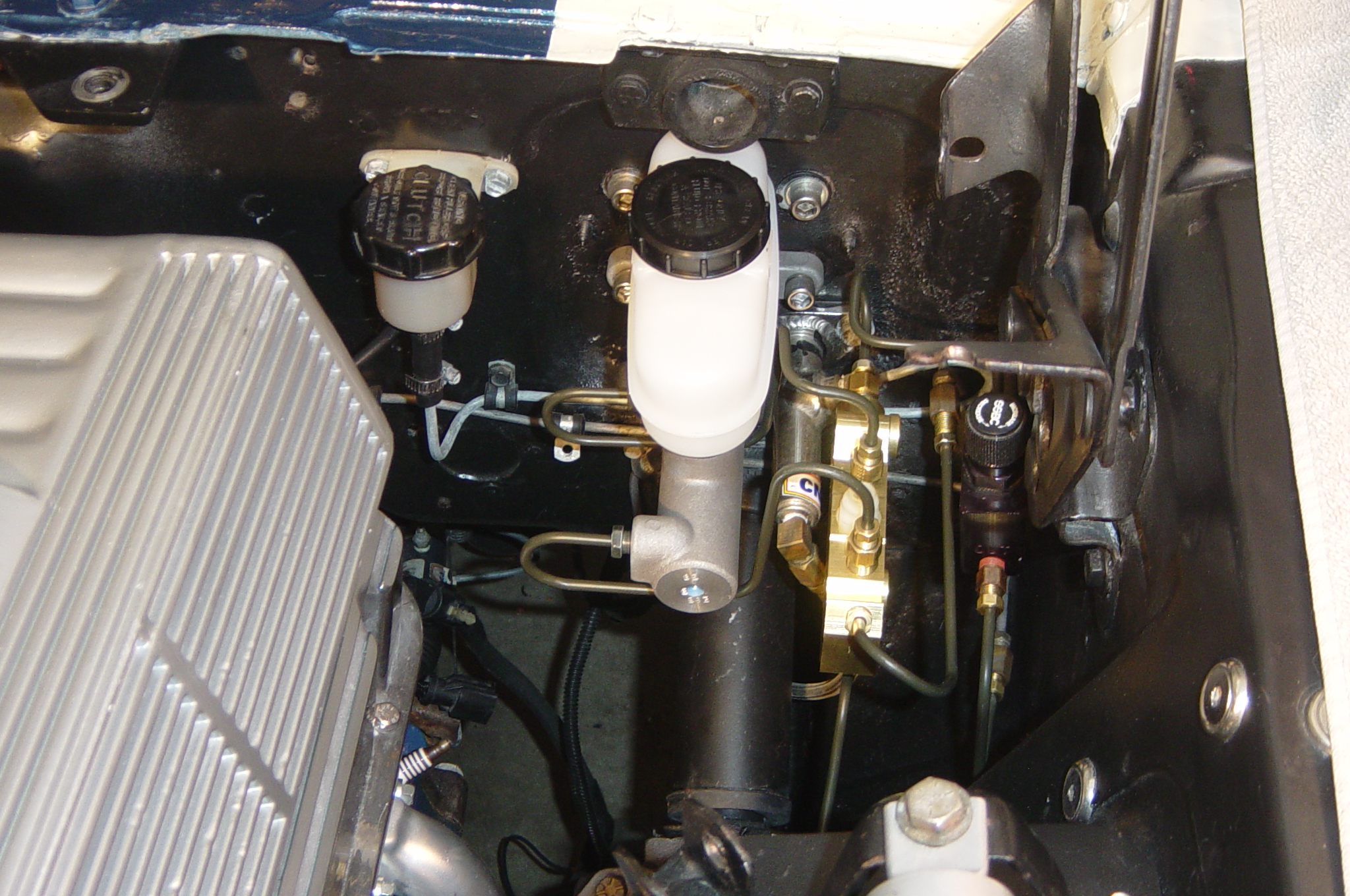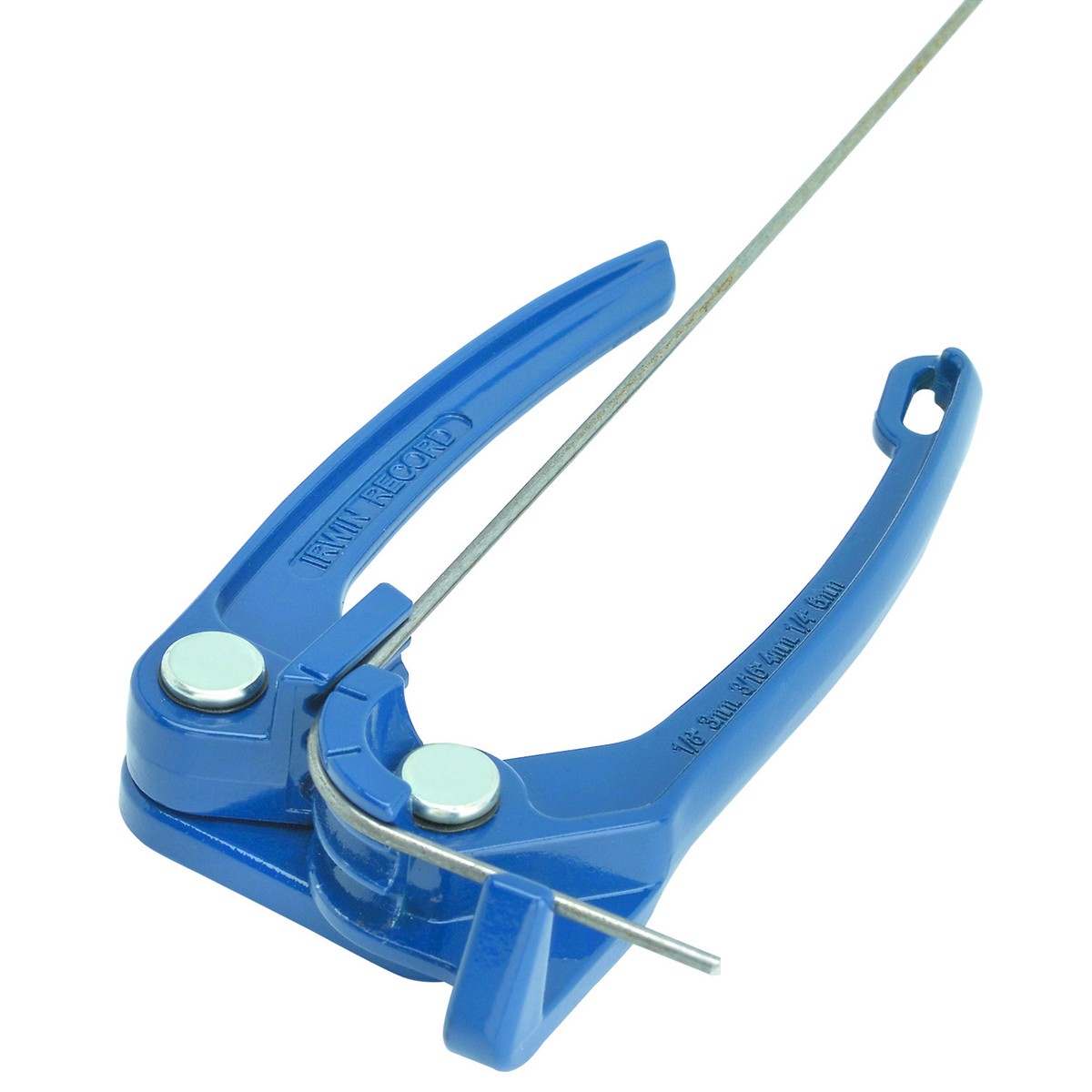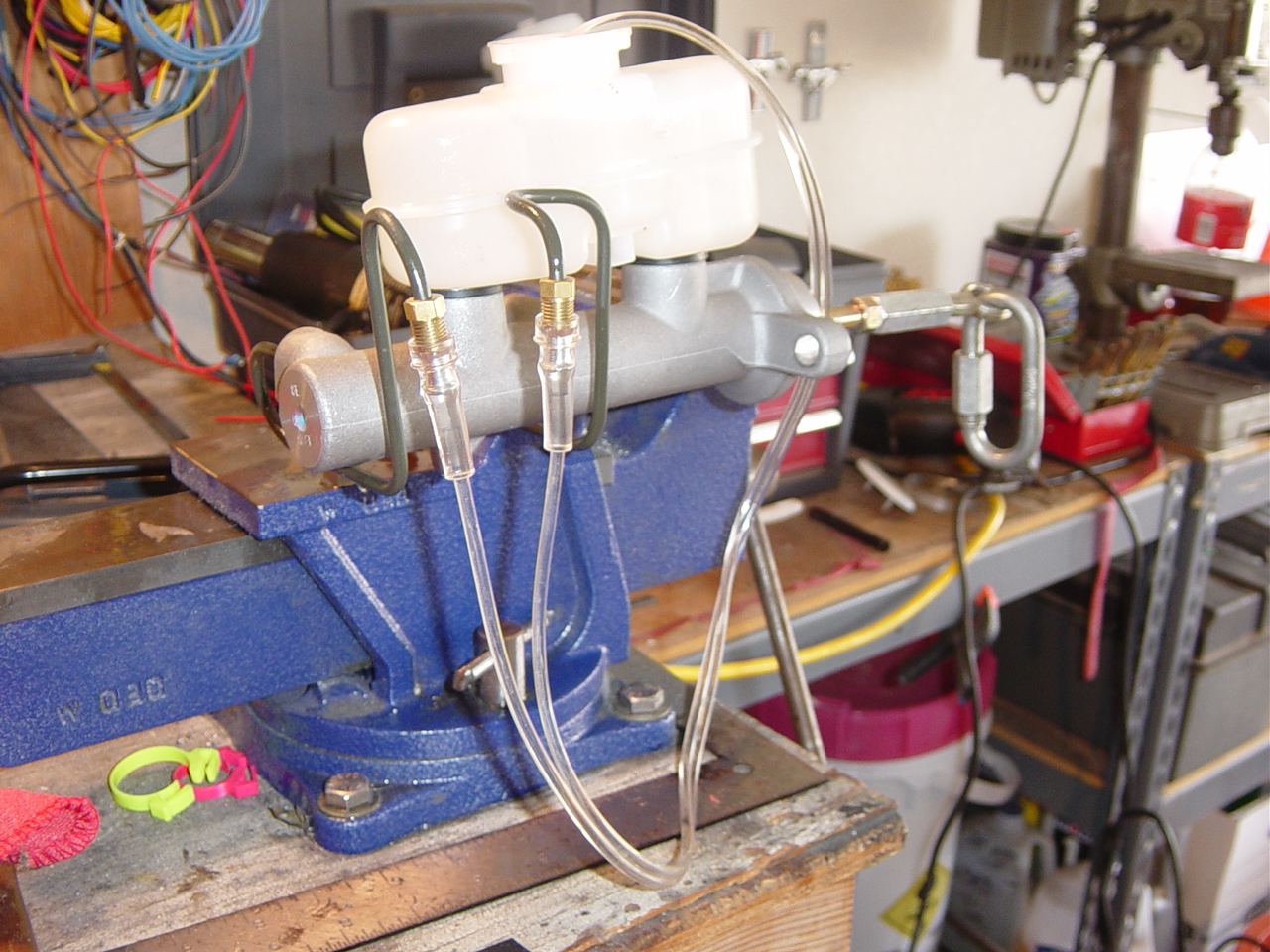|
|
After installing
4 wheel disc brakes, I used a CPP Master Cylinder for
several years. The unit worked flawlessly, but
was a typical Corvette street rod unit and rusted,
becoming quite ugly over time. I decided to move
to an aluminum unit that would remain looking good. For 4 wheel discs in a 65 Mustang, the 2000 V6 Master Cylinder is a good option. The bore size makes the manual brake pressure not overly hard to use. This also makes for a clean and neat appearing installation. . |
|
Side View: |
| This
master cylinder uses late model bubble flared fittings
going into the aluminum master cylinder. I
purchased standard bubble flared lines from a local
auto store, fitted, bent, and re - flared with a 3/16
inverted flare on the other end. To make the tight line bends, I use a small, $10 tubing bending from Harbor Freight (below). The distribution block is a basic aftermarket unit sold all over the internet. An adjustable pressure valve is installed in the rear brake line.
|
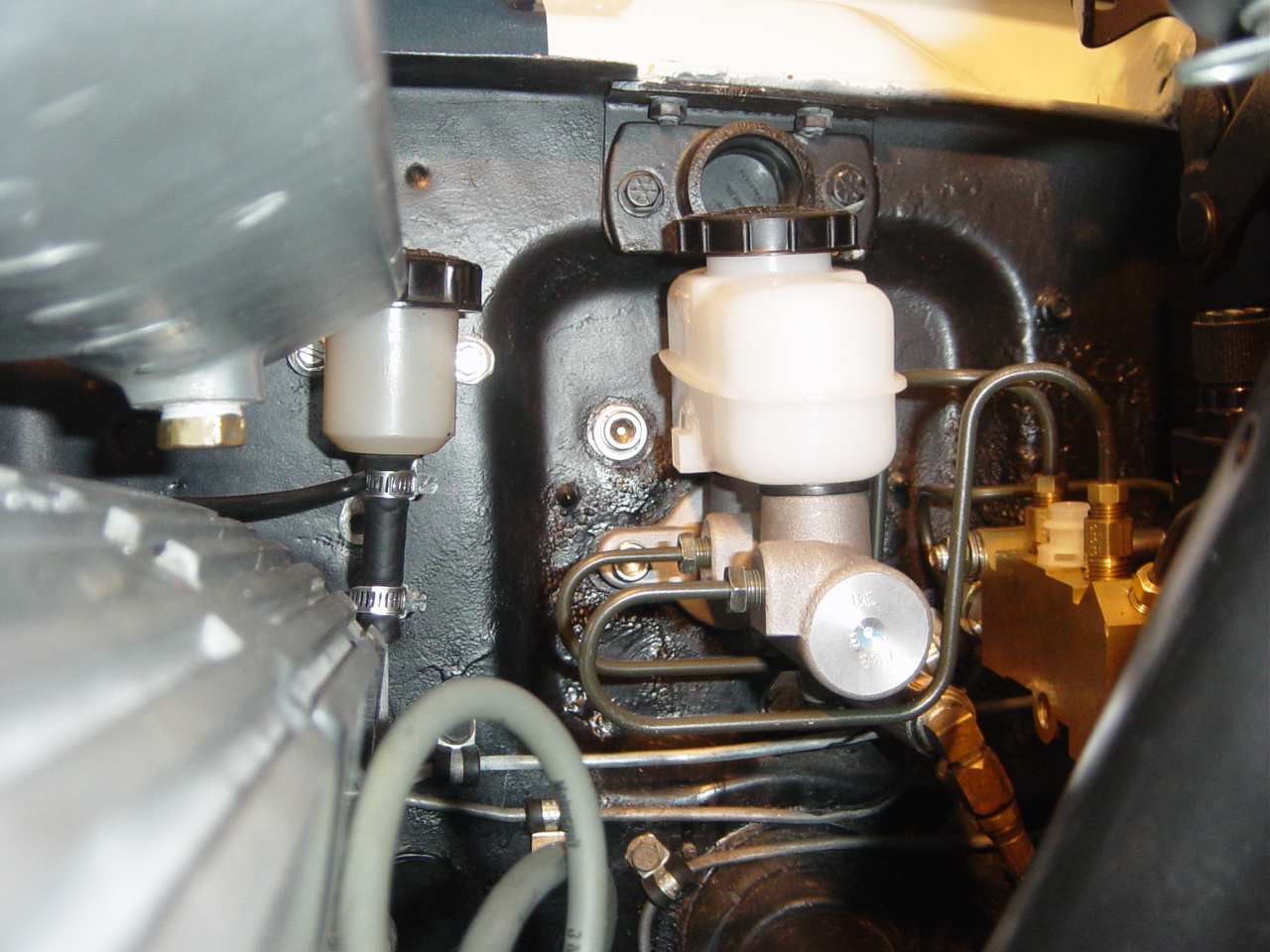
|
|
Bench Bleeding |
|
|
|
All Master cylinders
must be bench bled before installing. This
removes the air from the basic unit. Photo at
the right shows using left over medical tubing to
bleed the unit. The two mounting holes had to be opened up slightly (probably .030") to mount to the standard hole pattern. An adjustable pedal rod was used to fit the unit and set the pedal height. This was home built and consists of the head of an old pedal rod, a 6" bolt, and a coupling nut. You can buy these from street rod shops for 40 bucks or make one for $3. 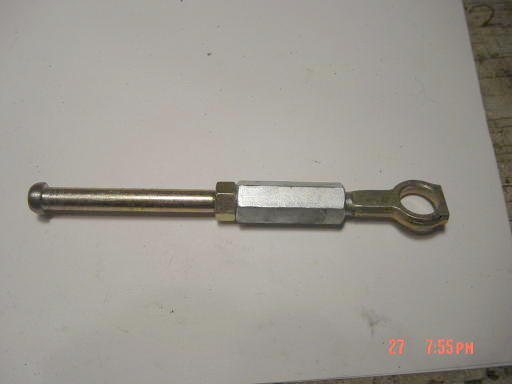 |
